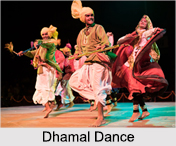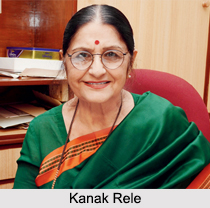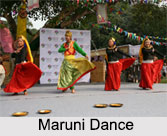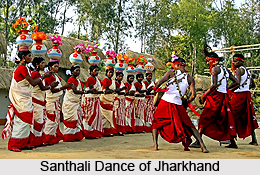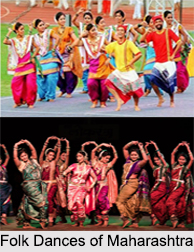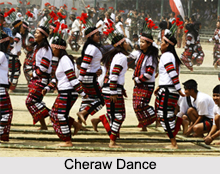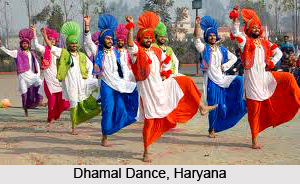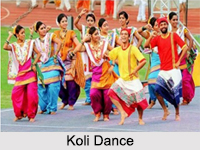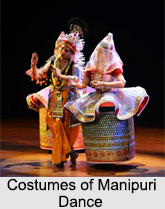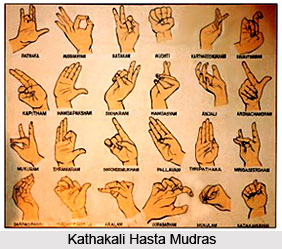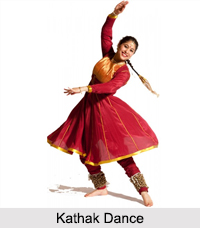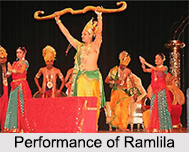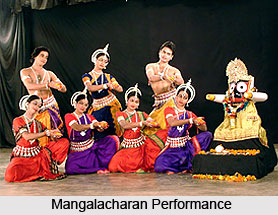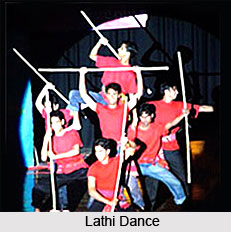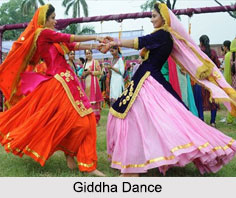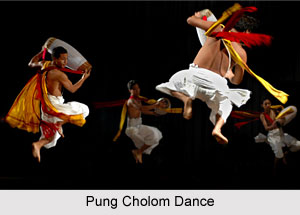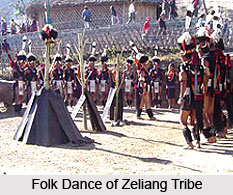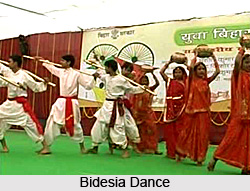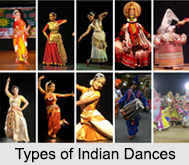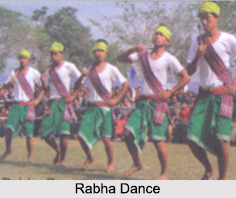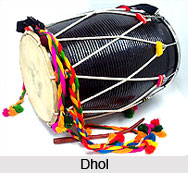 The musical instruments for Bhangra play an indispensable role to create the energetic mood. This dance form is full of zest, energy, vibes and colours. Bhangra singers occupy a high, energetic tone keeping similarity with the live instruments used in it.
The musical instruments for Bhangra play an indispensable role to create the energetic mood. This dance form is full of zest, energy, vibes and colours. Bhangra singers occupy a high, energetic tone keeping similarity with the live instruments used in it.
Dhol
The dhol is most commonly associated with Punjabi Bhangra dance. This is the king of all Punjabi musical instruments. It is the soul of Bhangra. It is a two sided barrel drum. It is used as to some extent to tabla. It is made from a shell of hollowed-out mango or sheesham wood, with the treble on the right and the bass on the left. Historically, both sides of the drum were prepared from goatskin, but now plastic is sometimes used for one of the sides. Two drum sticks are there to play the dhol. The sticks are wooden usually made out of bamboo and cane wood. The most common rhythm played on the dhol is the Chaal consisting 8 beats per measure. The stick used to play the bass side of the drum is a bit thicker (roughly about 10 mm in diameter and is bent in a quarter-circular arc on the end that strikes the drum, the dagga. The other stick remains much thinner and flexible and used to play the higher note end of the drum, the thili. The drum is hung over the neck of the player with a strap usually made up of ropes.
Iktara
Iktara is widely used in Punjabi Bhangra song. It usually has one string coming out of a head. The various sizes of iktar are soprano, tenor, and bass. The bass iktara is sometimes called a dotara often having two strings. The pitch is adjusted with the stretching of the strings. There is no marking or measurements indicating the pressure which should be given to adjust pitch. It should be adjusted by ear.
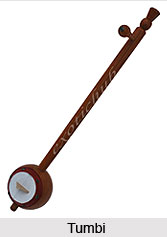 Tumbi
Tumbi
This instrument was popularized by the Punjabi folk-singer Lal Chand Yamla Jatt. It is a one string instrument made out of natural Tumba. A metallic string is passed on a tumba over a bridge and tied to the key at the end of the stick. The string is plucked with the continuous flick and retraction of the forefinger. The body of the instrument is made out of various types of woods. It can be made of pumpkin gourd or coconut or of aluminium with nylon case.
Chimta
Chimta is a percussion long instrument most commonly used in Bhangra. It is made of two long, flat pieces of metal (usually iron) with pointed ends with which several rings are attached. The rings are plucked in a downward movement to produce tinkling sounds.
Besides these other musical instruments of Bhangra include sarangi, dhadd, algoza, sitar saaps, kato and khunda.
Sarangi
The sarangi has a box like shape. It is usually around two feet long and around half a foot wide. A bridge is placed in the middle. Usually this instrument has three strings of varying thickness. The modern sarangis have 35-40 sympathetic strings running under the main strings. This is played for accompaniment by artists and is ideal for producing all types of Gamks and Meends.
Dhadd
It is a percussion instrument having the shape oh damroo drum. Held in one hand, it is struck on other side, with the other hand. This instrument is very pop[ular with the dhadies.
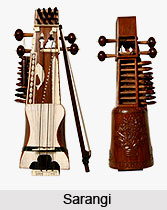 Agloza
Agloza
This magical Bhangra is also called Jori. Agloza resembles a couple of wooden flutes. The playing of this instrument is very tough and challenging. The sound is produced by rapid breathing.
Sitar
The stem of the sitar constitutes a neck that runs into a hollowed-out resonating chamber that is a gourd rather than wood. A second and smaller gourd, detachable on most sitars, is located at the top end of the instrument, near the tuning pegs. The strings are usually metallic.
All these musical instruments help Bhangra music to become rich and zestful.
